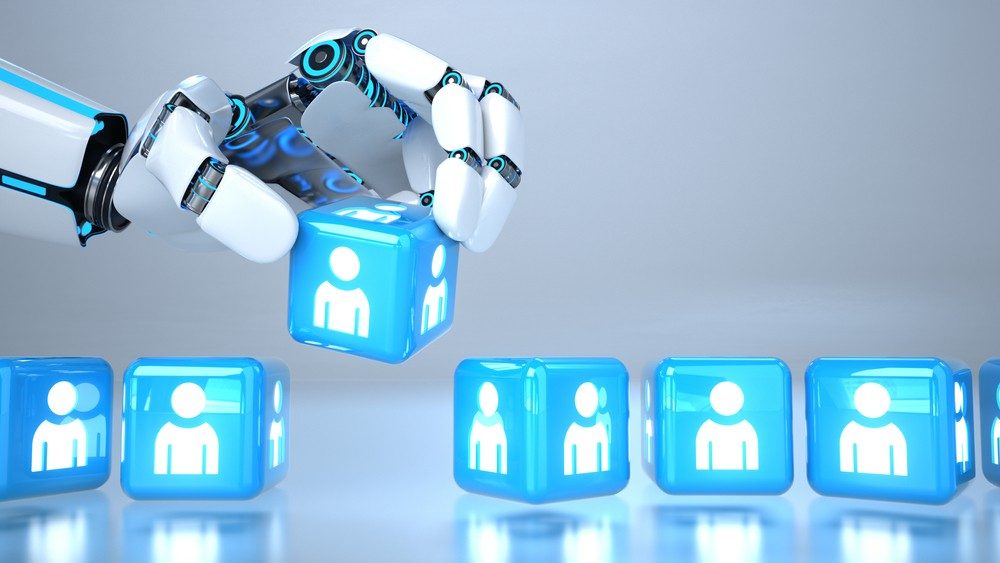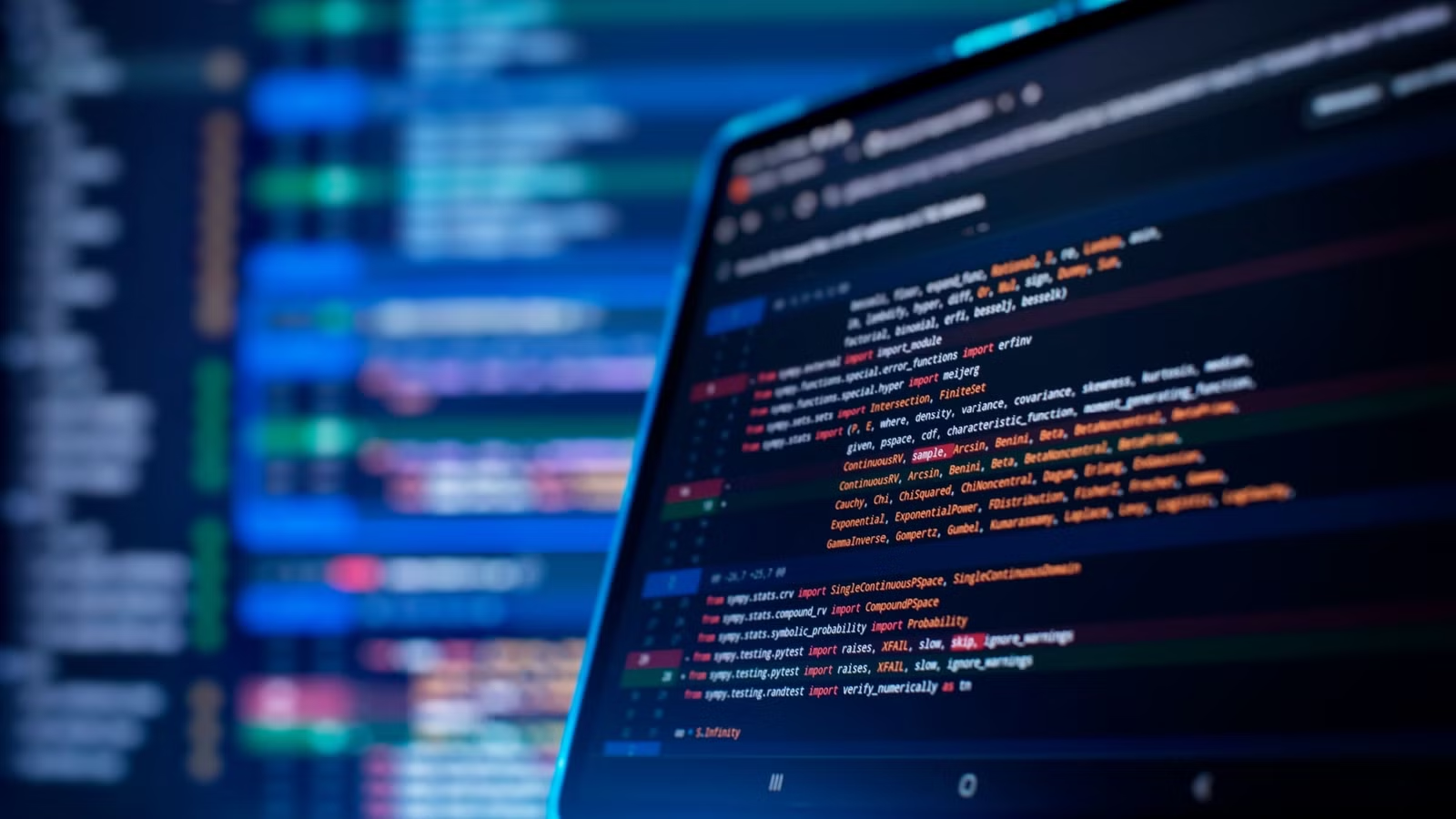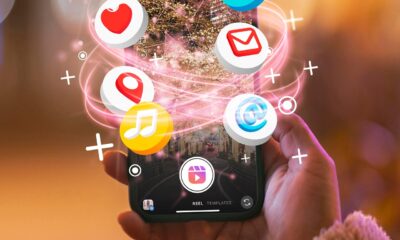TECHNOLOGY
How AI Recruiting Tools Can Help with Diversity Hiring

AI recruiting has become the talk of the town again, with AI chatbots gaining mainstream popularity.
On the other hand, diversity hiring in the workplace is also solidifying itself as a must-have instead of a hiring trend. A diverse workforce helps with employer branding and is a channel of creativity, camaraderie, and cash flow. However, hiring for diversity is a challenge for recruiters for both sourcing and bandwidth issues. Fortunately, both of these can be addressed by AI recruiting tools that come with in-build diversity features.
In this article, we’ll discuss the importance of diversity hiring, what roles ai recruiting can play in it, and some pertinent questions surrounding the two.
But to start with, let’s understand what AI recruitment is.
AI recruiting refers to the use of artificial intelligence (AI) technology in the hiring process. AI can be used in various ways, such as resume screening, candidate matching, and interview scheduling. AI algorithms can help streamline the recruitment process, reduce bias, and improve the quality of hires.
Diversity hiring refers to the practice of actively seeking out and hiring candidates from diverse backgrounds, such as different races, genders, ages, religions, and cultures. Diversity hiring is important because it promotes equal employment opportunities, fosters an inclusive work environment, and brings a range of perspectives and experiences to the organization.

Reducing Bias in the Screening Process
AI recruiting tools can use algorithms to scan resumes and job applications for key qualifications, skills, and experiences without considering demographics like gender, race, or age. This can help ensure that all candidates are evaluated based solely on their qualifications rather than any personal characteristics that might influence bias.
Identifying Diverse Candidates
AI recruiting tools can use machine learning algorithms to analyze job descriptions and identify language that might discourage or exclude certain groups. Additionally, AI tools can also search for candidates from a wider range of sources, including those outside of the traditional talent pool, increasing the likelihood of finding diverse candidates.
Reducing Time to Hire
AI recruiting tools can automate many aspects of the hiring process, reducing the time it takes to find and engage diverse candidates. This can help companies fill open positions more quickly and efficiently.
Improving Candidate Engagement
AI recruiting tools can personalize candidate communications, such as interview scheduling and follow-up messages. This can help create a more positive candidate experience and can also help to engage a more diverse candidate pool.
Analyzing Candidate Data
AI recruiting tools can use machine learning algorithms to analyze candidate data and identify patterns that might indicate bias in the hiring process. This can help employers to proactively address any potential biases and create a more inclusive hiring process.
Providing Analytics and Insights
AI recruiting tools can generate reports and analytics that help employers measure the effectiveness of their diversity hiring efforts. This can help companies identify areas for improvement and track progress over time.
Facilitating Remote Hiring
AI recruiting tools can facilitate remote interviews and evaluations, making it easier to reach diverse candidates who may not be able to travel or attend in-person interviews.

While convenient, it’s also worth noting that it’s not that simple to put an AI recruitment tool for meeting diversity goals. You need to keep an eye out on the outcome, process, and consent as well to ensure a lawful and ethical hiring process.
While there are a plethora of AI recruitment tools in the market, we suggest you consider the following factors to choose the one that gets the diversity hiring right:
Tool with Diversity Built-In
Look for a AI recruitment tool that is designed with diversity in mind, with features like blind resume screening and language analysis to help reduce bias and increase diversity in the candidate pool.
Documented AI Algorithms
Choose a tool that provides transparency and accountability, with clear documentation of the algorithms and data sources used and regular auditing to ensure fairness and accuracy.
Secured Data and Privacy
Candidate data is sensitive information, and it’s important that any AI recruitment tool you use follows best practices for data protection and has a clear policy on how candidate data is collected, stored, and used.

As the adoption of AI recruitment increases among employers across the US, we can expect a shift in hiring practices. Experts believe that the features of AI hiring tools will free recruiters of manual, repetitive tasks and enable them to focus on more nuanced ones like engaging with candidates. Along this line, setting up and sticking to the diversity hiring goals of the organization will become more commonplace. However, do keep in mind that workplace diversity does not end with hiring but also requires a fostering culture to make the most of it.

What are Examples of AI in Recruiting?
Examples of AI in recruiting include chatbots, resume screening tools, and video interview analysis software.
What is the Future of AI in Recruitment?
The future of AI in recruitment is likely to see increased use of predictive analytics and machine learning to identify high-potential candidates.
What is Meant by Workplace Diversity?
Workplace diversity refers to the range of differences among employees in terms of age, race, gender, ethnicity, religion, and other factors.
Why is Diversity Important in Hiring?
Diversity is important in hiring because it promotes innovation, creativity, and a wider range of perspectives, leading to better business outcomes.
Can AI Recruitment Tools help in Diversity Hiring?
Yes, AI recruitment tools can help in diversity hiring by reducing bias, increasing efficiency, and identifying diverse candidates from a wider range of sources.

















